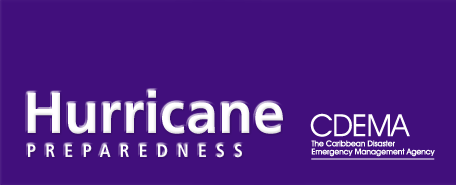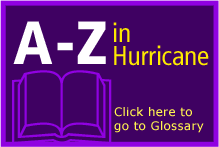|
The Caribbean Disaster Information Network: CARDIN was established in June 1999 to provide linkages with Caribbean disaster organizations, to widen the scope of the collection of disaster related information and to ensure improved access to such material. CDERA is a partner in this network and provides bibliographic data on documents to facilitate wider access to its collection.
The Regional Disaster Information Center for Latin America and the Caribbean (CRID) is an initiative sponsored by six organizations namely: Pan American Health Organization - Regional Office of the World Health Organization (PAHO/WHO), International Strategy for Disaster Reduction (ISDR/EIRD), Costa Rica National Risk Prevention and Emergency Commission (CNE), International Federation of Red Cross and Red Crescent Societies (IFRS), Coordination Center for Natural Disaster Prevention in Central America (CEPREDENAC) and Regional Office of Doctors Without Borders (MSF) who decided to join efforts to ensure the compilation and dissemination of disaster-related information in Latin America and the Caribbean. This multi-organizational center is located in San Jose, Costa Rica.
The Global Disaster Information Network (GDIN) is a public-private voluntary, self-sustaining, non-profit association of organizations and professionals of countries throughout the world, and from all levels of society, with an interest in sharing all types of disaster information. GDIN is developing a range of specialized disaster-information services, in order to get the right information, to the right people, on time, in order to make the right decision, and to help mitigate and effectively respond to the toll of natural and man-made disasters.
The National Hazards Center Library, University of Colorado houses one of the most extensive collections of social science hazards literature in the world. Although a few publications address physical science or engineering, the primary focus remains research and information.
|


























